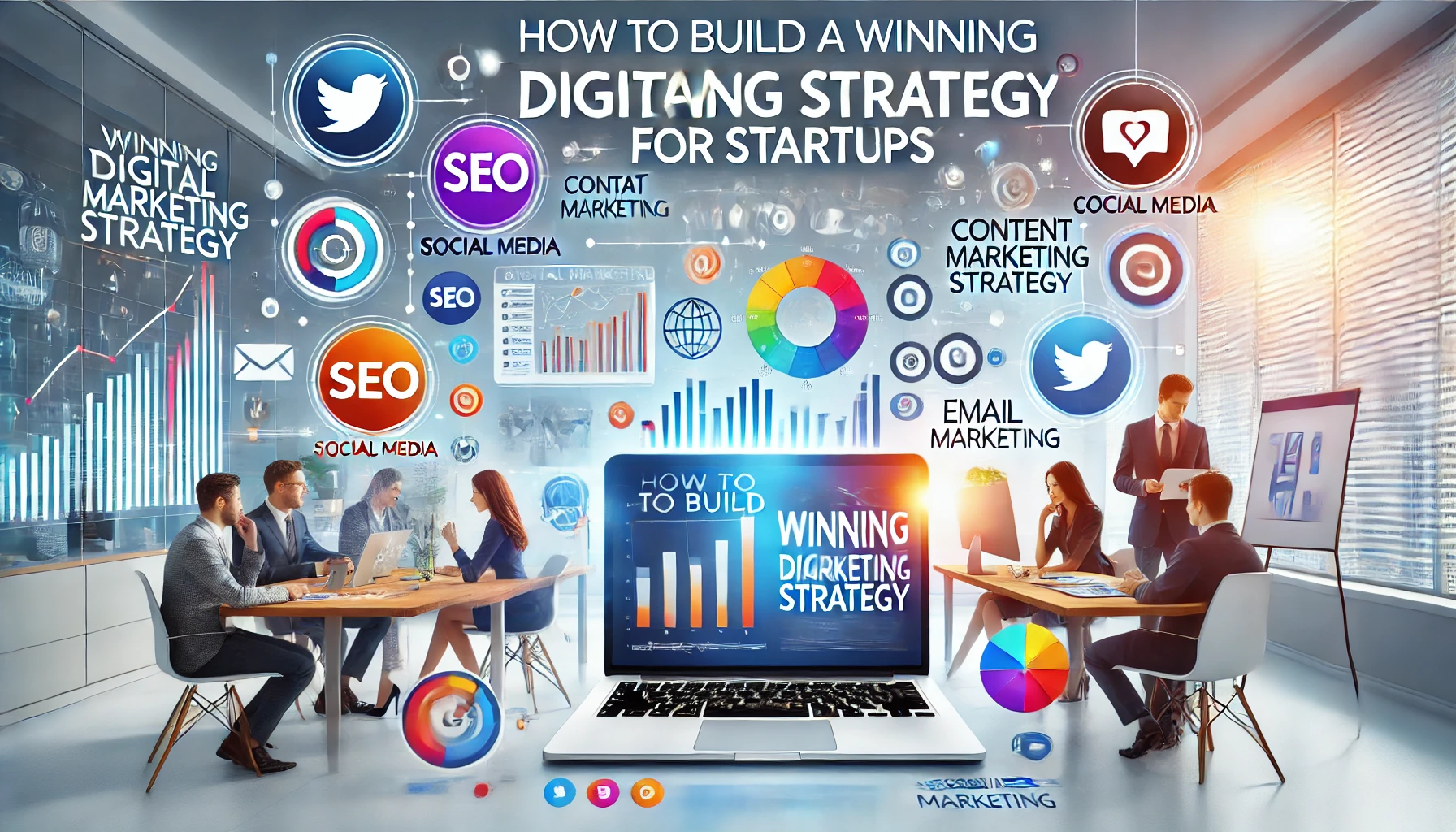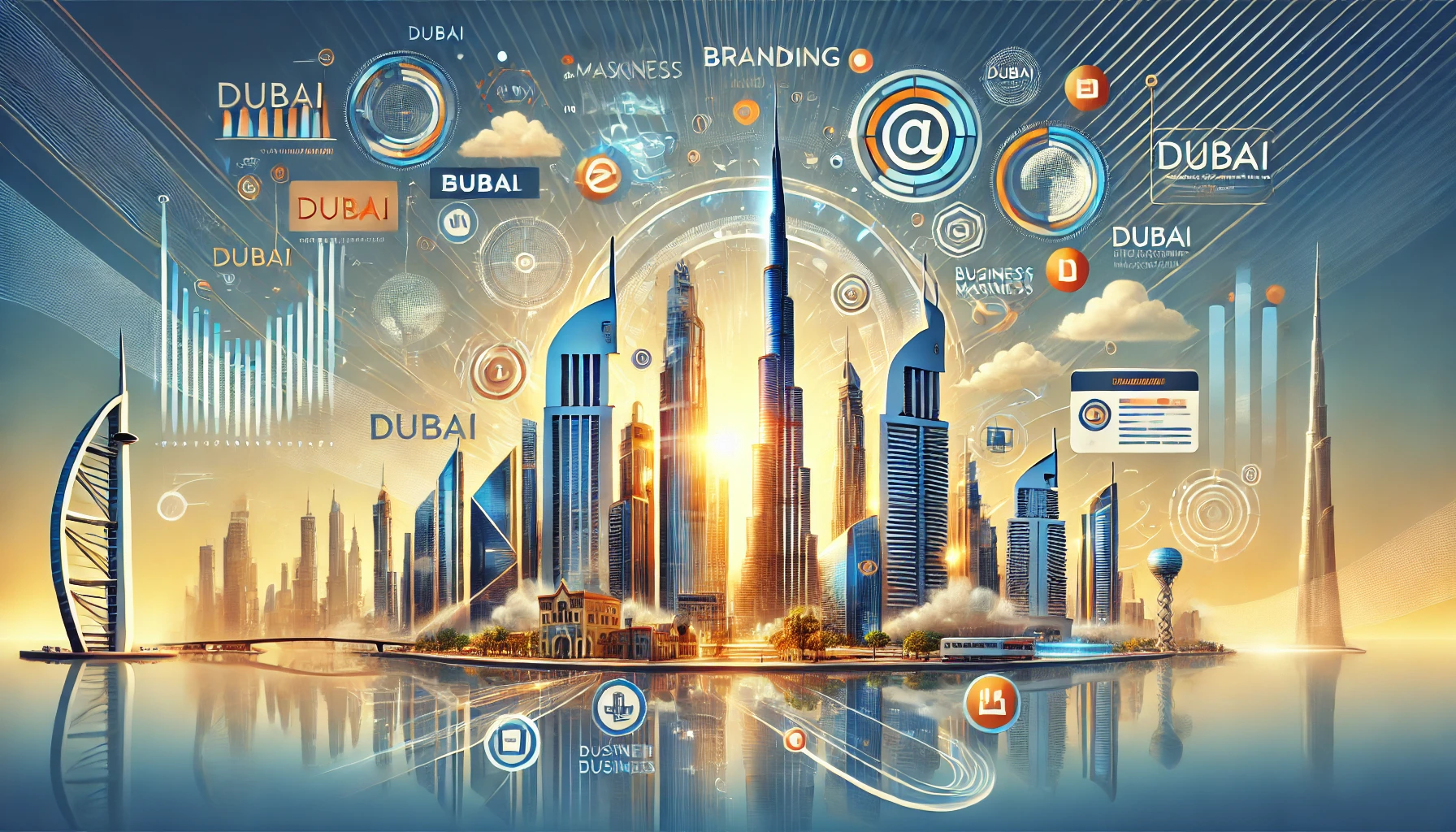The survey also evaluated martech’s perceived impact on business, with respondents rating its benefits at 4.7 out of 7, where 7 represents the highest value. This score reveals a gap between martech’s anticipated and actual benefits, with marketing leaders finding its value 34% lower than expected. Lead generation (76%) and sales (68%) are the primary metrics used to measure martech effectiveness, while customer-centric metrics like lifetime value (28%), loyalty (27%), and pipeline acceleration (23%) are less commonly tracked.
Deloitte’s Central Europe CMO, Ruxandra Bandila, commented, “Marketers have been using a variety of technologies—from analytics and automation to CRM systems and Gen AI—to drive engagement, nurture leads, and increase conversions. The real value lies in strategically combining these tools to manage high-engagement customers.”
The survey also underscored the positive influence of emerging tech like generative AI. Although only 7% of marketing activities currently involve generative AI, its use has led to a 5% increase in sales productivity, a 6% boost in customer satisfaction, and a 7% cut in marketing costs. Despite these benefits, AI implementation requires careful consideration of fairness, bias, and infrastructure.
Interestingly, the survey noted a drop in marketing budgets as a percentage of total company budgets, from 14% in 2022 to 10% in 2024, though marketing’s share of company revenues rose slightly from 9% to 10% over the same period. Over the next year, total marketing spend is expected to rise by 5%, while digital marketing growth is anticipated to slow to an 8% increase. Social media spending is projected to grow from 11% of the marketing budget in 2024 to 16% within five years.
These insights are based on responses from nearly 300 marketing leaders across 15 industries in the U.S.







